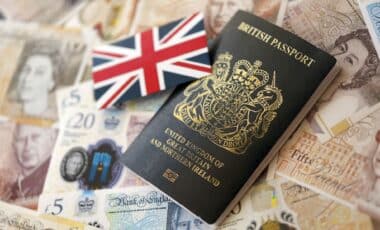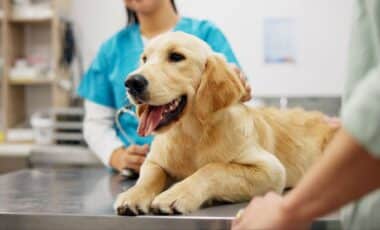Travellers arriving in the UK from popular European destinations like Spain, France, Italy, and Greece are facing new restrictions on certain food products. The government has issued stern warnings about bringing prohibited items into the country, which could result in hefty fines.
Since an outbreak of Foot and Mouth Disease (FMD) has been reported in Europe, the UK has implemented stringent biosecurity measures to prevent the virus from entering the country. Holidaymakers are advised that certain food items—commonly carried in luggage—are strictly prohibited, and ignoring these rules could result in fines up to £5,000.
What’s banned at UK customs?
Travellers from EU countries must be vigilant about what they carry into the UK. According to government guidelines, it is illegal to bring items such as sandwiches, cheese, cured meats, raw meats, and milk from countries including Spain, Italy, France, and Greece.
This includes any items bought from duty-free shops. The ban is part of an effort to control the spread of FMD, a highly contagious disease that affects cloven-hoofed animals like cattle, sheep, and pigs.
Government officials have clarified that although FMD poses no direct risk to humans, it poses a significant threat to livestock. Foot and Mouth Disease can lead to massive economic losses for farmers and affect food security across the UK.
If travellers are found with prohibited items, they will either need to surrender them at the border or face the risk of having their goods seized and destroyed. Those who persist in attempting to bring these items into the country could be fined up to £5,000, as reported by BristolLive.
Strict enforcement for biosecurity
FMD outbreaks in countries such as Germany, Hungary, Slovakia, and Austria earlier this year led to the UK’s imposition of tighter regulations on meat and dairy imports from these regions. With the rising threat of further contamination, the UK government has extended these restrictions to all EU countries.
As a result, personal imports of beef, pork, dairy products, and other items susceptible to carrying the disease are now banned from entering Great Britain. Farming Minister Daniel Zeichner highlighted the government’s commitment to safeguarding British agriculture from the disease. “This government will do whatever it takes to protect British farmers from foot & mouth.” he said.
Authorities are urging travellers to be aware of the new measures and to refrain from bringing any banned food items when travelling to the UK. While the restrictions are largely comprehensive, there are some exemptions.
For instance, travellers may still bring in a limited quantity of infant formula, medical foods, and certain processed foods, such as chocolate, bread, cakes, and pasta. However, the rules are clear: any non-exempt food products that fall under the ban will result in serious consequences for those who attempt to bypass the regulations.









